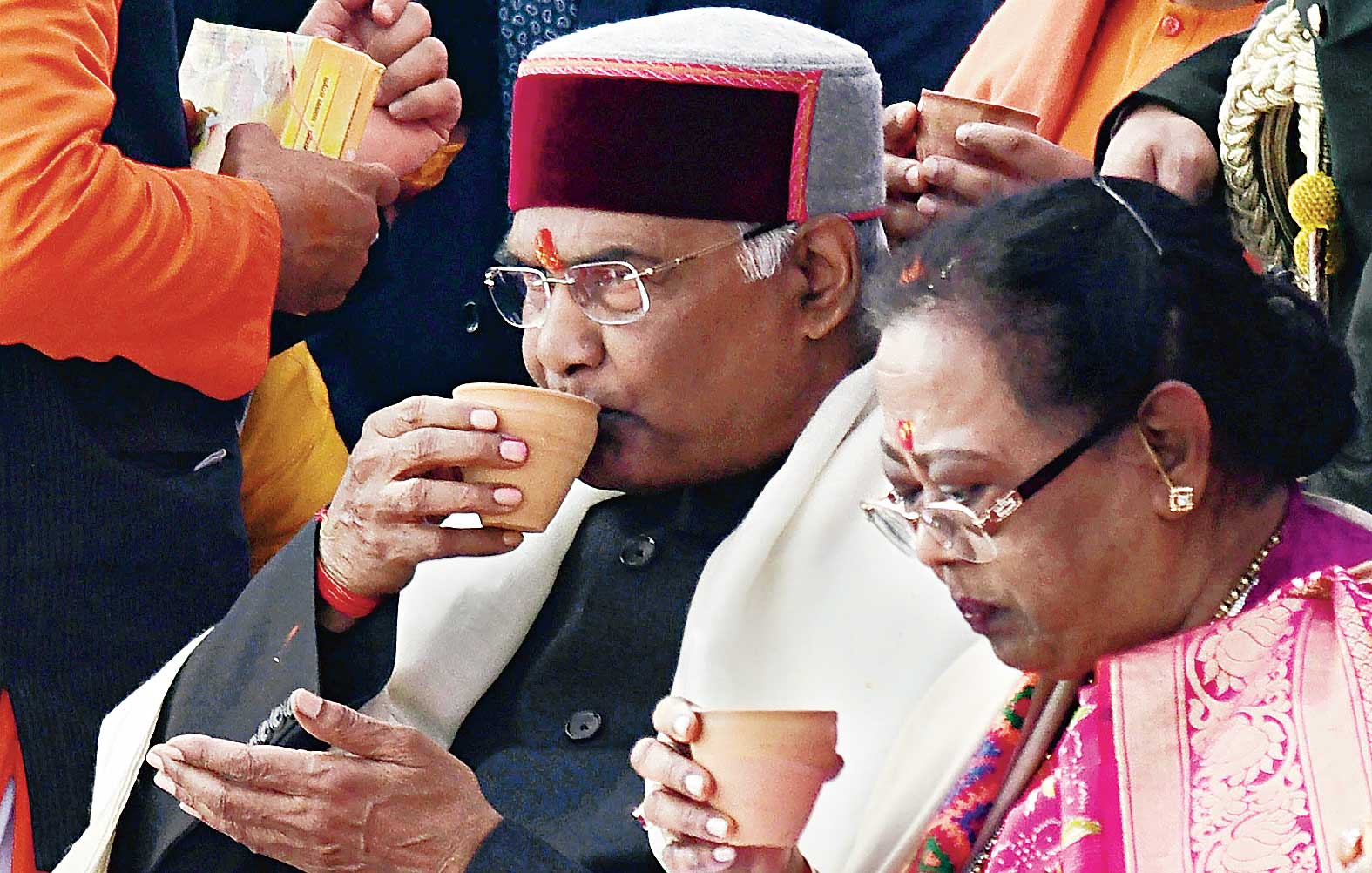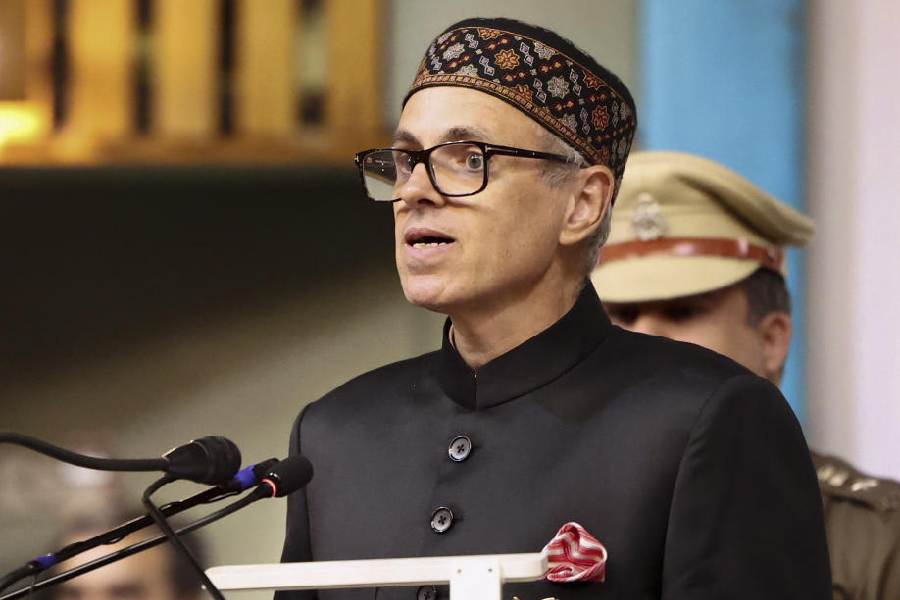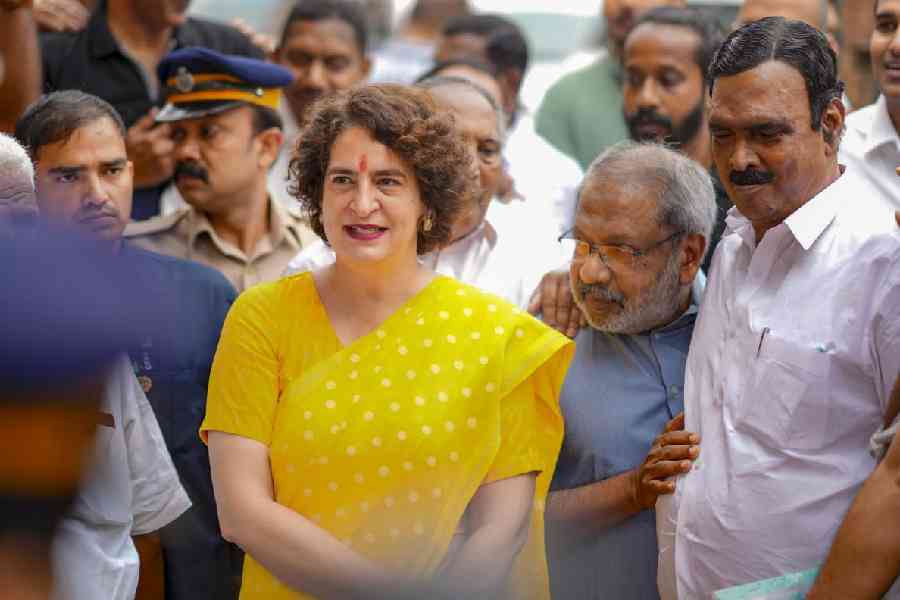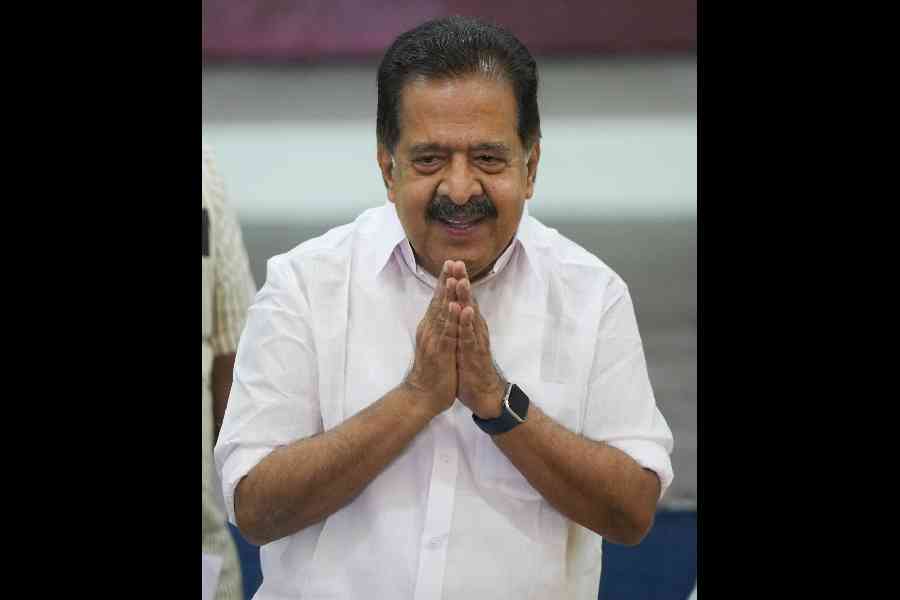President Ram Nath Kovind gave his assent to the Right to Information (Amendment) Bill, 2019, on Thursday, the day RTI users came knocking at his doorstep with a call to his conscience to block the Modi government’s bid to dilute the law he had helped draft.
The transparency advocates were detained on the way to Rashtrapati Bhavan to submit a representation requesting Kovind to return the bill without his signature.
According to the gazette notification issued on Thursday, the bill received presidential assent during the day. Kovind is away on a trip to Africa, and would have probably signed electronically.
Anjali Bhardwaj of Satark Nagrik Sanghathan, one of the many transparency and accountability advocacy groups campaigning against the amendments, described August 1 as a “black day for democracy”.
The President had ignored appeals of lakhs of people to “Save RTI”, she said. The bill strikes at the heart of people’s fundamental right to information, Bhardwaj added.
Several transparency activists and RTI users across the country, including former information commissioner Shailesh Gandhi, had petitioned the President to return the bill. They had reminded him of his own role as member of the parliamentary committee that had proposed to elevate the status of the Central Information Commission (CIC) to that of the Election Commission of India (ECI).
The amendment bill, which is now the law of the land, not only downgrades that status but also keeps it uncertain by allowing the Centre to prescribe the terms of service of the chief information commissioner and the information commissioners.
In 2004, the parliamentary committee of which Kovind was a member as BJP MP had said of the terms of office and powers and functions of commissioners: “This is the essence of the bill in the sense that the mechanism of access to information will depend on effectiveness of this system. It should therefore be ensured that the commission and its functionaries perform their duties independently and with complete autonomy. For this, it is necessary to elevate their status to that of the Election Commission of India.”
Backed by the Left parties, the Congress-led UPA government had accepted this recommendation and elevated the status of the commissioners.
The amendments, by empowering the Centre to fix the salary, tenure and other terms and conditions of their appointment, will keep the commissioners at the mercy of the executive, transparency advocates contend.










